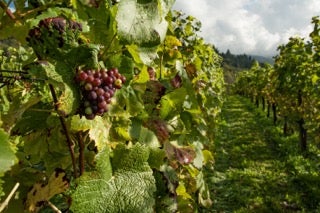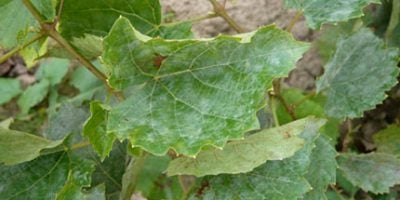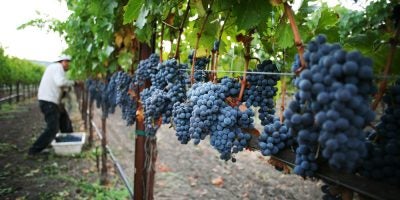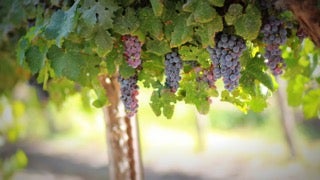Abstract:
Powdery mildew (PM) is a fungal disease that can affect a variety of crops, but it is the most significant disease in terms of expenses for control and losses in quality and yield faced by grape growers worldwide. PM-resistant grape varieties are currently being developed, but the value of such varieties to the growers in different industry segments is yet to be determined. The first step in estimating the potential value of PM-resistant varieties is to establish the costs of PM management that these varieties will serve to mitigate. We utilize Pesticide Use Reports from the California Department of Pesticide Regulation as well as data on pesticide application costs and measures of environmental impact to evaluate annual costs, both pecuniary and non-pecuniary, of powdery mildew management among California grape growers. We estimate the statewide cost of PM management (fungicides and their application) in 2011 to be about $189 million. In addition, we find that PM management accounts for 74 percent of restricted material (pesticide) applications by grape growers and eliminating powdery mildew would significantly reduce the environmental burden from disease management in grapes.
See PDF of the paper here: The Costs of Powdery Mildew Management in Grapes and the Value of Resistant Varieties: Evidence from California. Olena S. Sambucci, Julian M. Alston, Kate B. Fuller (2014). RMI-CWE working paper number 1402.




